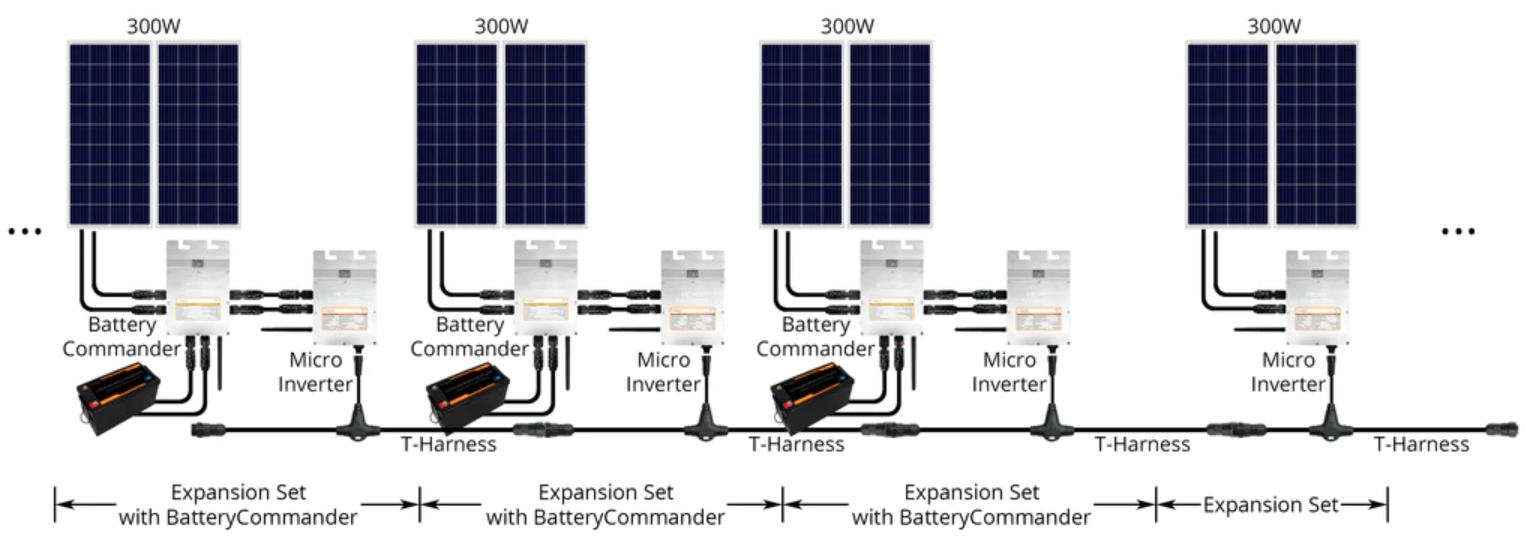
Micro inverter solar systems have been gaining popularity as a more efficient way of converting solar energy into usable electricity. Here’s a quick overview of how they work and why they’re considered beneficial for energy efficiency:
- Individual Panel Optimization: Micro inverter solar are installed on each solar panel in a system. This allows each panel to operate independently, which is particularly useful if panels are partially shaded or operating under different conditions. In contrast, traditional systems use a single, central inverter, and the performance of the entire system can be dragged down by a single underperforming panel.
- Increased Energy Harvest: By optimizing each panel individually, micro inverter solar can increase the total energy harvest from a solar array. Even small differences in panel orientation, shading, or degradation can affect performance, and micro inverter solar help mitigate these issues.
- Enhanced Reliability and Longevity: Micro inverter solar can improve the overall reliability of a solar power system. If one inverter fails, it only affects the single panel to which it’s attached, not the entire system. Additionally, micro inverter solar are generally more resistant to heat-related degradation compared to central inverters.
- Monitoring and Maintenance: Systems with micro inverter solar often include advanced monitoring capabilities, allowing for detailed, panel-level performance tracking. This makes it easier to identify and address issues, potentially reducing maintenance costs and downtime.
- Safety: Micro inverter solar are considered safer than traditional central inverters because they convert solar energy to AC power right at the panel. This reduces the need for high-voltage DC wiring, which can be a fire hazard.
- Design Flexibility: With micro inverter solar, it’s easier to design and expand solar systems. You can start with a smaller system and add more panels over time without worrying about the limitations of a central inverter’s capacity.
In summary, inverter solar systems offer a range of benefits in terms of energy efficiency, reliability, safety, and system design flexibility. As the technology continues to evolve, it’s likely that we’ll see even more improvements and wider adoption in the solar industry.
Pages: 1 2
